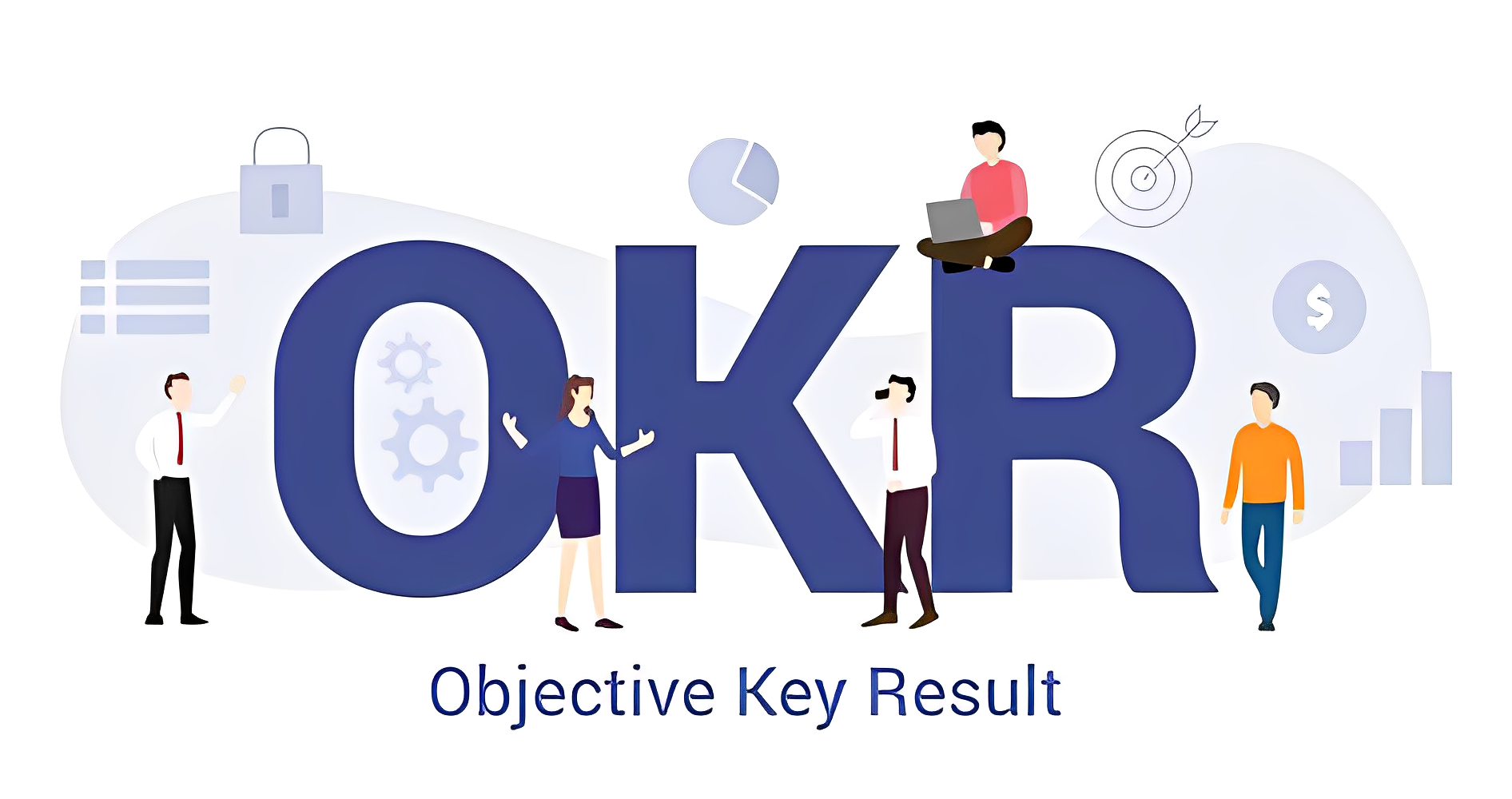In the dynamic landscape of business, the quest for effective strategies that drive growth and success is unending. One such strategy gaining prominence is the use of OKRs (Objectives and Key Results). This article explores the myriad benefits that OKRs bring to businesses, emphasizing their role in fostering clarity, alignment, and continuous improvement.
Understanding OKR
At its core, OKR is a goal-setting framework that consists of two components: Objectives and Key Results. Objectives are the overarching goals a company aims to achieve, while Key Results are specific, measurable outcomes that indicate progress toward those objectives. The synergy between these elements forms the basis of the OKR approach.
Alignment with Company Goals
One of the significant advantages of OKRs lies in their ability to align with the broader goals of a company. By integrating OKRs with the overall business strategy, organizations ensure that every department and team works towards common objectives, fostering a sense of unity and purpose.
Enhancing Focus and Clarity
OKRs serve as a beacon, providing employees with a clear direction and focus. Through transparent communication of objectives and results, teams gain a deeper understanding of their roles, contributing to an environment where everyone comprehends how their work fits into the larger picture.
Driving Performance
The heart of OKRs lies in their capacity to drive performance. By establishing measurable key results, businesses can objectively evaluate progress. Regular monitoring of these results empowers teams to make data-driven decisions, ensuring continuous improvement and advancement.
Cultivating a Culture of Transparency
Transparency is a cornerstone of successful organizations, and OKRs play a pivotal role in fostering it. When objectives and results are shared openly across teams, a culture of trust is nurtured. This open communication builds bridges between departments, breaking down silos that hinder collaboration.
Adaptability and Flexibility
In the ever-evolving business landscape, adaptability is crucial. OKRs provide a dynamic framework that allows companies to adjust their goals based on changing circumstances. This adaptability ensures that businesses remain agile and responsive to shifting market trends and challenges.
Employee Engagement and Motivation
OKRs empower employees by giving them ownership of their goals. When individuals understand how their contributions contribute to larger objectives, motivation, and engagement naturally follow. Recognizing and celebrating achievements further fuels a positive work culture.
Learning and Continuous Improvement
OKRs are not just about achieving goals; they also serve as a mechanism for learning. The iterative nature of OKR encourages continuous improvement. Teams can analyze results, gather feedback, and refine strategies, fostering a culture of learning and growth.
OKR Best Practices
To maximize the benefits of OKRs, certain best practices should be followed. Setting realistic yet challenging objectives, choosing appropriate key results, and conducting regular reviews are integral to the successful implementation of OKRs. Here are some points :
- Clear Direction: OKRs provide a roadmap, ensuring everyone understands and works towards common objectives.
- Alignment: Aligns individual and team goals with the broader business strategy, fostering unity.
- Performance Driving: Establishes measurable key results, enabling data-driven decisions and continuous improvement.
- Transparency: Encourages open communication of objectives and results, building trust and breaking down silos.
- Adaptability: Adapts to changing circumstances, ensuring agility in response to market trends and challenges.
- Employee Empowerment: Empowers employees through goal ownership, increasing motivation and engagement.
- Continuous Improvement: Acts as a framework for learning and iterative improvement based on feedback and results.
- Best Practices: Involves setting realistic and challenging objectives, choosing appropriate key results, and regular reviews.
- Case Studies: Real-world examples showcase successful implementation, providing valuable insights for others.
- Myth Busting: Addresses common misconceptions, clarifying the role of OKRs in overall business strategy.
- Challenges and Solutions: Identifies common obstacles and offers strategies for overcoming them in OKR implementation.
- Future Trends: Explores emerging trends, such as AI integration and the influence of remote work on OKR implementation.
Case Studies
Real-world examples illustrate the tangible impact of OKRs on business success. Case studies showcase organizations that have effectively leveraged OKRs, providing valuable insights and lessons for others considering adopting this methodology.
Common Misconceptions About OKRs
As with any strategy, misconceptions abound. Addressing these myths is essential to understanding the true role of OKRs in business. From dispelling notions of rigidity to clarifying their contribution to overall business strategy, debunking misconceptions is crucial.
Challenges and How to Overcome Them
Implementing OKRs is not without its challenges. Identifying common obstacles, such as resistance to change or unrealistic goal-setting, is the first step. This section explores strategies for overcoming these challenges and ensuring a smooth transition to an OKR-driven approach.
Future Trends in OKR
As technology advances and business methodologies evolve, the future is subject to change. This section delves into emerging trends, such as AI integration in goal-setting or remote work’s influence on OKR implementation.
Conclusion
In conclusion, the benefits of OKRs in business are multifaceted. From enhancing focus and driving performance to fostering transparency and adaptability, OKRs offer a comprehensive framework for organizations seeking sustained growth and success.
FAQs
- How can OKRs benefit small businesses?
- OKR provides small businesses with a clear roadmap for growth, fostering focus and alignment among teams.
- Are OKRs suitable for all industries?
- Yes, OKRs are adaptable and can be customized to suit the goals and challenges of various industries.
- How often should OKRs be reviewed and adjusted?
- Regular quarterly reviews are recommended, with adjustments made as needed based on progress and changing circumstances.
- What role does leadership play in successful OKR implementation?
- Leadership is crucial in setting the tone for OKR adoption, providing guidance, and ensuring alignment with company objectives.
- Can OKRs be used in conjunction with other goal-setting frameworks?
- OKRs can complement other frameworks, providing a flexible and dynamic approach to goal-setting.
